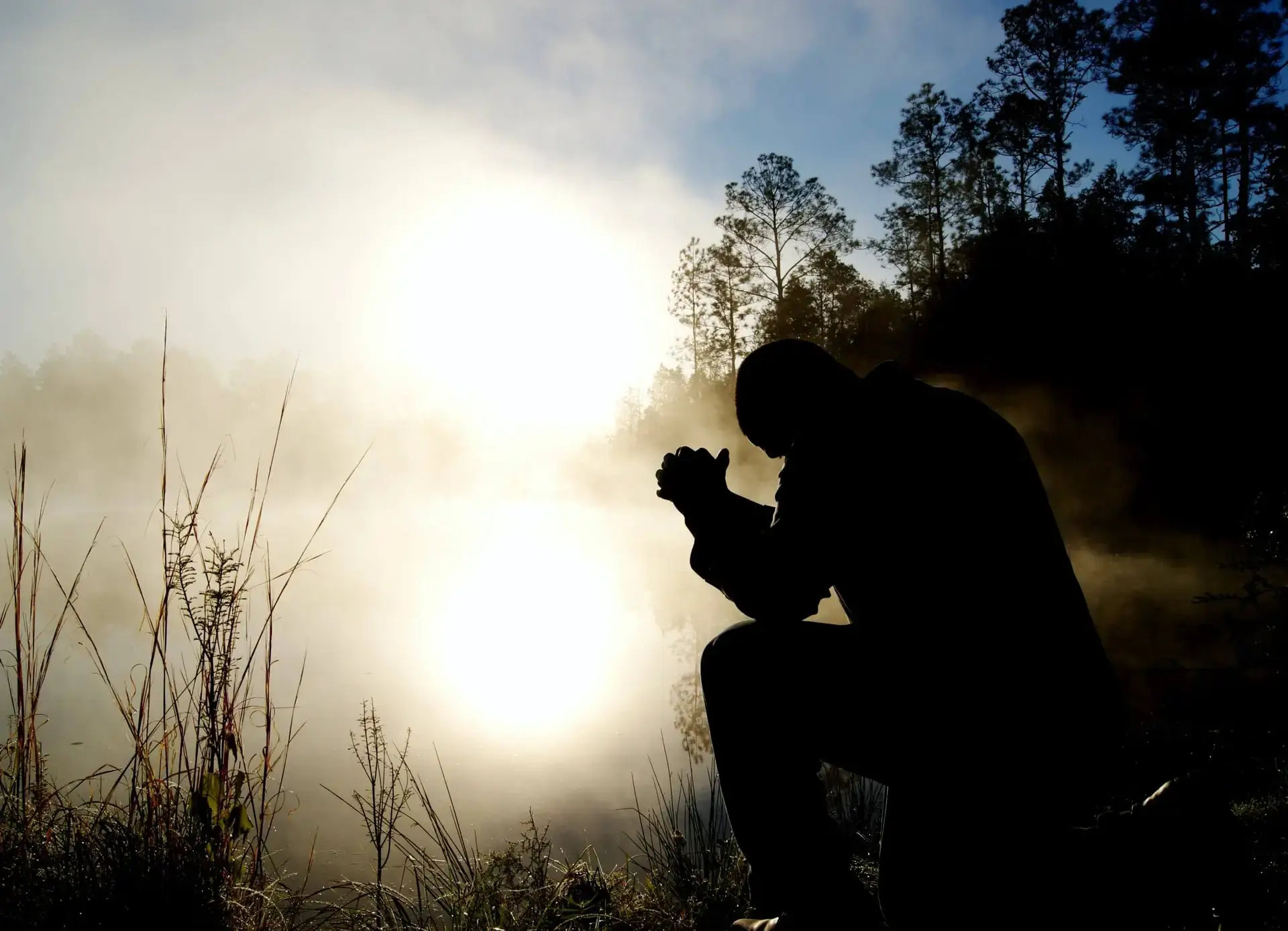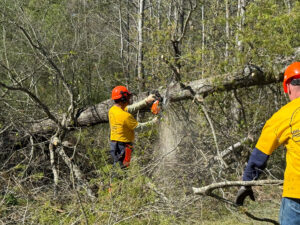As a youth pastor, have you ever been to a point in your ministry where you felt you were giving 110 percent of everything you got in sermons, games, connections and communication, yet your students were still spiritually dead and just going through the motions?
Well, I have been a student pastor now for eight and a half years and can honestly say I have felt that way for more than half of it, often contemplating wanting to quit or give up on many occasions – especially after I had just planned the biggest and what I thought was most creative event.
Yet students still were not growing spiritually. I thought that for me to reach these students I had to have the best sermons and events and be at every single community activity that involved my students. I had researched every youth ministry resource available and exhausted money on programs and materials.
Don’t get me wrong. These are all essential and beneficial aspects of a successful ministry because it shows students you care, but I wanted more for my students. I wanted to see their lives changed by the Gospel. And honestly, I was not seeing it.
What was I missing? In reality, I was so focused and busy in the “work” of ministry in trying to pull things off that I would neglect God and His power to work in it and through my life.
My pastor tells me often that we should pray as if it all depends on God, but at the same time work as if it depends on me.
Yet, I was totally leaving out the prayer and depending solely on my own ability, and that was the problem.
This is all something you may already know and probably think this guy is crazy for not turning to God first, but I want to be honest and real about how I approached ministry, and honestly this hurts me to even admit how senseless and unwise I was as a leader.
How it Changed
So, how did it change? How did God show me the error of my ways? It started about three years ago with my wife. We both read our Bibles every day and checked it off our to do list, but it was not the first thing we did every day – just something that we did as we got to it.
My wife approached me one day in the fall of 2018 and told me that she wanted to see a change in the hearts of our students. She also teaches at our local high school and sees them every day. She was impacted and moved with sadness of the sins filling the lives of our students. So, she asked if we would get serious about praying together.
Before then, prayer was not the focus of our quiet time with God. We prayed. Don’t get me wrong, but it was not intentional, and often a blanket prayer. We started prayer journals and calendars and strategically discussed who and what we wanted to pray about and the exact transformation we wanted God to change in our community. This was purposeful, meaningful time when we would express our concerns for the lives of our students by name and their needs. We did this along with our reading every morning before we left for work. We sought God’s wisdom, His advice, and talked about it with each other every day.
In spring 2019, we attended Secret Church with David Platt in which he walked from Genesis to Revelation on the importance and purpose of fasting. I have always known the definition of fasting but never thought about it as being an action every believer had to practice. I mean we had given up things like sweet tea or sweets for one day a year then not once pray or ask God to impact our world or make our sacrifice (or what we thought was sacrifice) have significant meaning. That night at Secret Church, Matthew 6:16-18 collided with both my life and my wife’s. It says in verse 16 “but when you fast…” Jesus did not say “if” we fast as if we as Christians can choose to participate, but Jesus says “when” as in a specific time or during a precise circumstance.
That week, we planned a prayer closet in which we would dedicate our time sitting in the floor in each of our closets reading the Word, praying through our journals and discussing with God what and when He wanted us to fast. I know this sounds weird, but it was the only place we had to ourselves that would not distract us. We then became deliberate about making fasting a part of our spiritual habits as well.
Three months later, we began our first true fast in which we set a goal for how long we would fast, what foods we would be giving up and the specific thing we would be asking God to change. The first thing we fasted for was our student ministry. We wanted to see our students truly worshipping, serving and impacting their school for the Kingdom.
A couple months later, three students committed their lives to Christ and received salvation. Our discipleship groups exploded in which we had to start getting older students to help disciple younger students, because it was too many for us to have in one group. Guests started to flood our doors, and we started to see leaders rise in our ministry who took their faith seriously and open. Students even started to see our lives change and began prayer groups every Tuesday morning at our house to pray for their school. Our midweek services were more Spirit-led, and we began to realize no event, game or amazing praise band was the reason for this growth, but it was prayer and fasting. We then set out to fast regularly in our walk with Christ.
Since spring of 2019 we have fasted three times. I know that does not sound like a lot, but these have been planned, intentional and even prayed about before we even began the actual fast to make sure our hearts were ready for the true commitment.
I don’t want you to walk away from this thinking that all you have to do is just pray and fast and miraculously things will change. We have still had our up and down moments and ministry failures. But now I no longer depend on myself to “save” the lives of my students or rely on how cool my ministry appears to be the motivation for why I am a youth pastor or judge my success on those statistics alone.
However, I do believe that praying and fasting are spiritual disciplines that reflect the life of a true disciple, and that is what I want to dedicate 110 percent of my life pursuing.
Justin Caton is student pastor at Thorsby First Baptist Church (Chilton Association).







 by
by